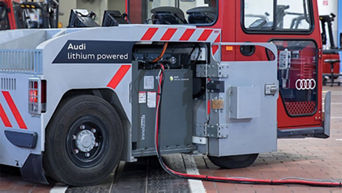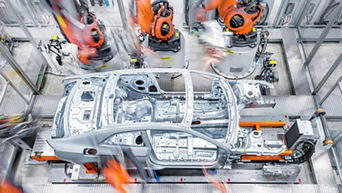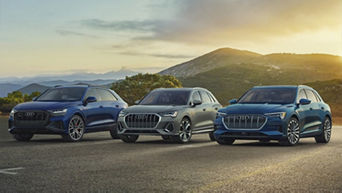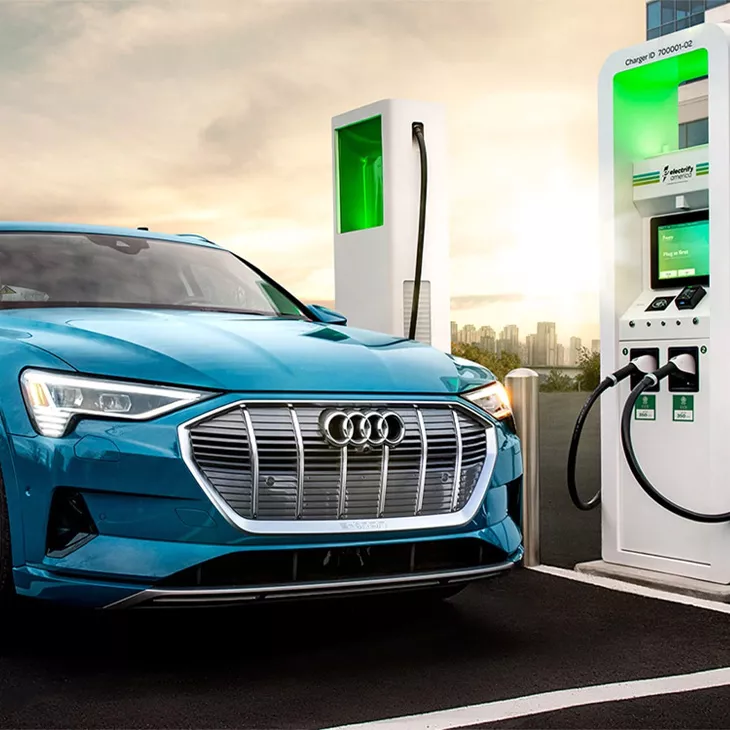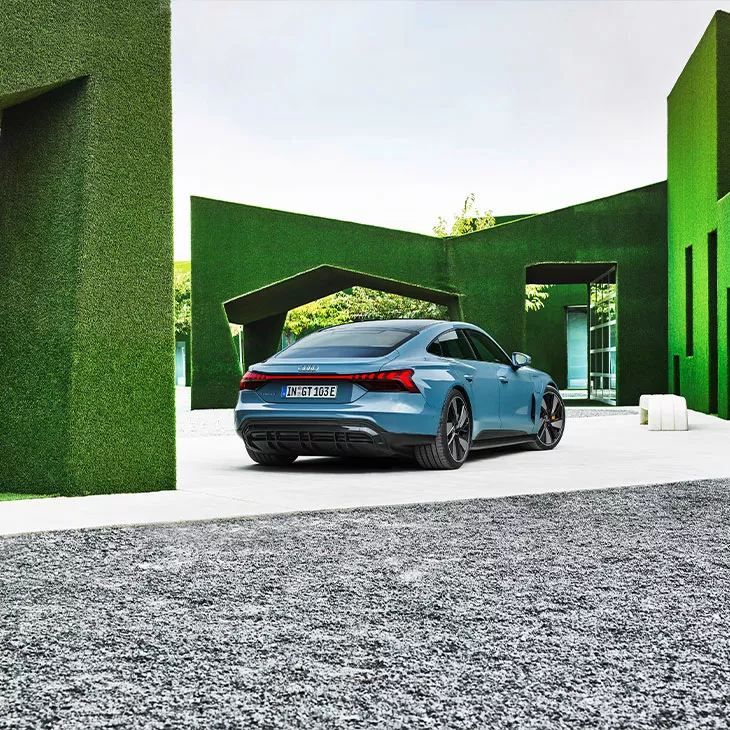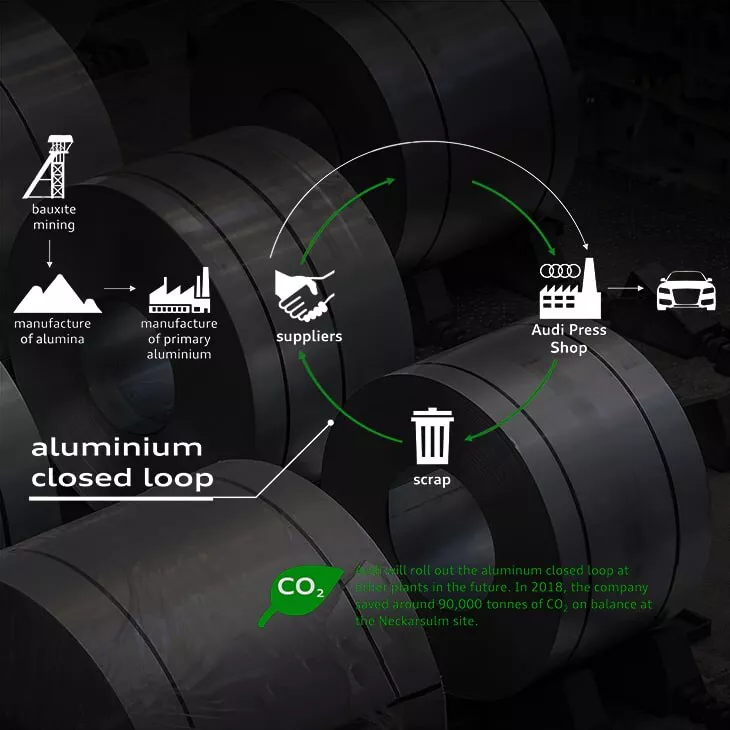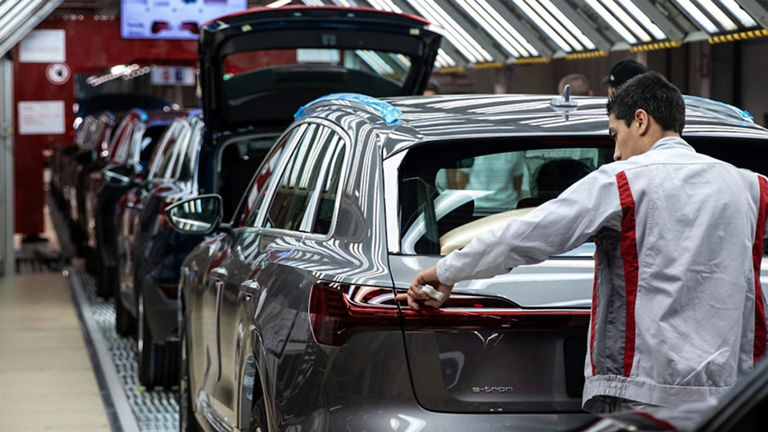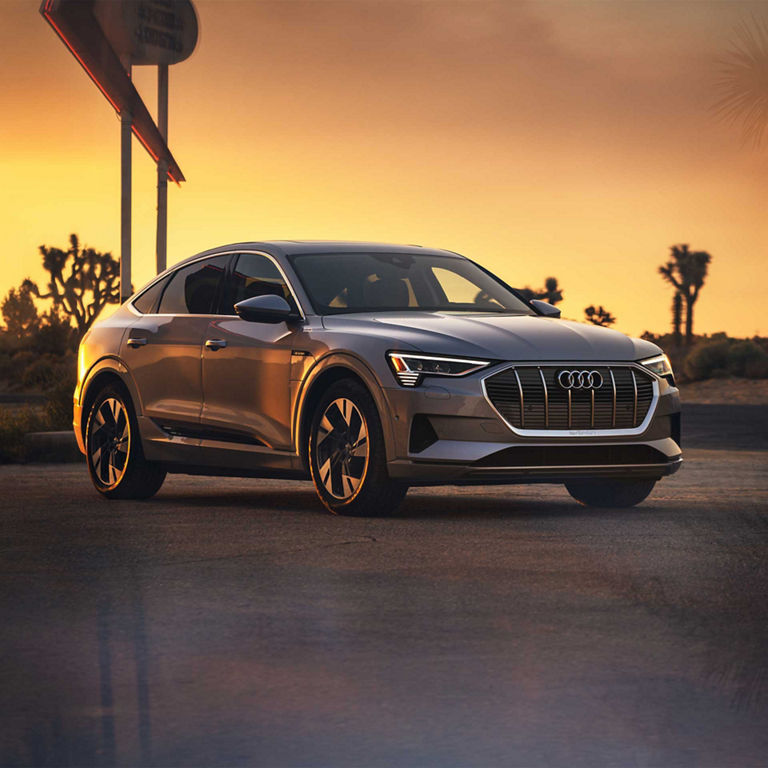Electrify America’s mission is to create a convenient and reliable DC fast charging network in metropolitan areas, as well as along many of the nation’s major highways.
Currently, there are over 640 locations available with over 2,700 charging ports. By the end of 2021, Electrify America plans to increase that to approximately 800 station locations open or in development across the U.S. containing 3,500 individual ports.
Each station features chargers that can deliver 150 or 350 kW (depending on the charger) to capable vehicles. When charging at 150 kW, the Audi e-tron® quattro can fully charge its battery from 0 to 80% in as little as 30 minutes.*
.jpg)
